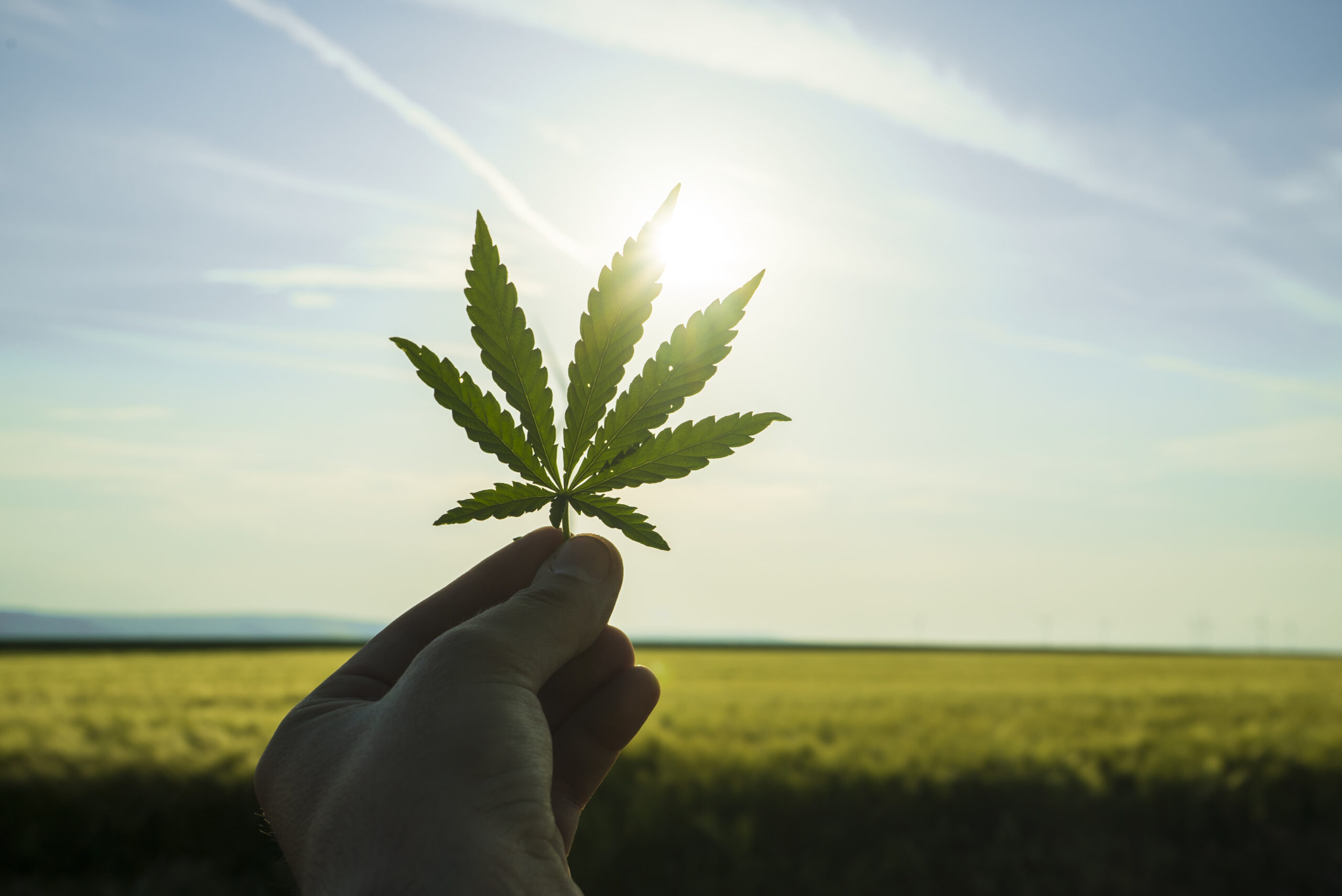Connect with us
Published
8 months agoon

After Thailand made history as the first Asian country to decriminalize adult-use cannabis, effectively opening up a booming market across the nation, it appears that the country may look to back pedal the recent move.
Thailand’s new prime minister has vowed to restrict the use of cannabis once more, dialing it back to medical use only, after the country decriminalized it in June 2022. Prime Minister Srettha Thavisin said in a Bloomberg Television interview on Wednesday in New York that the government will seek to “rectify” its current cannabis policy within six months, according to South China Morning Post.
Srettha said that there is no middle ground for recreational cannabis use in Thailand and that “the law will need to be rewritten. It needs to be rectified. We can have that regulated for medical use only.” He added that there is a broad agreement among the 11-party coalition he heads about this need to restrict cannabis use in the country, though it’s still unclear how his administration plans to proceed.
During his election campaign ahead of the vote in May, Srettha’s Pheu Thai Party showed their support for a hardline anti-drug campaign, vowing to undo Thailand’s recent move to decriminalize cannabis. That party is now in a coalition with Bhumjaithai Party, led by Anutin Charnvirakul, who has similarly vowed to press ahead with a plan to reintroduce a cannabis bill in parliament that would enforce tighter monitoring of the industry. Though his bill is opposed to classifying cannabis as a drug again.
Srettha’s administration, however, has promised to “eradicate” drugs from Thai society, with the prime minister committing to “decisively reduce” drugs within a year. According to the Post, Thailand is considered the main conduit for drug trafficking along Southeast Asia’s Mekong river valley, and enforcement agencies often turn a blind eye.
According to the United Nations Office on Drug and Crimes, Southeast Asia’s organized crime economy was worth an estimated $130 billion in 2019.
“The problem of drug has been widespread lately, especially in the northeastern and northern parts of Thailand,” Srettha said. “And we don’t need another issue added on top of that.”
The new regulations deemed that cannabis and hemp cultivation and commerce were no longer illegal, allowing restaurants and cafes to sell foods and beverages with cannabis, so long as they contain no more than 0.2%. Products with higher concentrations of THC are still permitted for medicinal purposes.
Since decriminalization, nearly 6,000 cannabis dispensaries have also popped up throughout the country, consequently seeing a major boost in out-of-country tourists looking to check out the emerging industry.
Visitors across Asia and around the globe flocked to the country to explore the budding market, despite warnings from some neighboring countries to avoid consuming while abroad and warning that travelers could still be held accountable for consuming cannabis outside Asian countries where the drug remained illegal.
The influx in tourism was despite the original notion that recreational use was still not allowed upon decriminalization.
In June 2022, health minister and deputy prime minister at the timeAnutin Charnvirakul said, “If [tourists] come for medical treatment or come for health-related products then it’s not an issue but if you think that you want to come to Thailand just because you heard that cannabis or marijuana is legal … [or] come to Thailand to smoke joints freely, that’s wrong. Don’t come. We won’t welcome you if you just come to this country for that purpose.”
Under the current law, farmers across Thailand are also allowed to freely grow cannabis, so long as they register with the country’s Food and Drug Administration.
While cannabis advocates insisted that the decriminalization measure would offer a number of benefits to a number of Thailand’s sectors, the opposition often argued that cannabis was decriminalized too soon, with a lack of basic controls.
Thailand growers and sellers have also recently expressed concern over illegal imports from the United States, which they said sell for a fraction of the price of cannabis grown in Thailand and ultimately undercut local businesses.


Clinical Trial To Assess LSD Microdosing For PMS


Survey: High-THC Flower Yields Few Serious Side Effects in Patients


Connecticut House Approve Bill Regulating Hemp Products


Hemp Clothing Market to Hit $23B by 2031, Report Predicts


Despite City Efforts, Hemp Shops Posing as Dispensaries Prevail in Las Vegas


Cannabis Community, Investors React to DEA Decision To Reschedule
